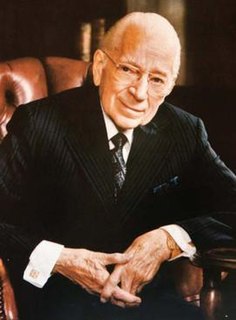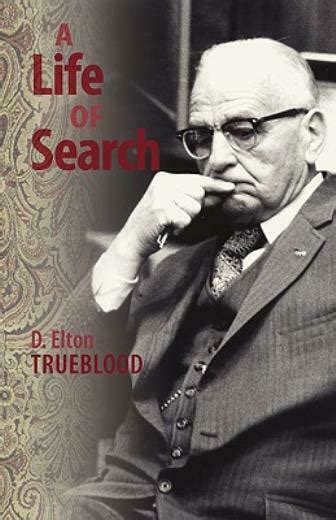A Quote by Robert Bly
The Roman Catholic Church early on simply adapted the hierarchical structure of the Roman Empire and confused the whole thing. Vertical attention and hierarchy were so entangled, that when the French killed the king during the Revolution, they lost much of their vertical attention too.
Related Quotes
In the agreement to rescue Rome [i.e., the Roman Catholic Church's hierarchy] from the predicament of losing its world control to Protestantism, and to preserve the spiritual and temporal supremacy which the popes [had] 'usurped' during the Middle Ages, Rome now 'sold' the [Roman Catholic] Church to the Society of Jesus [i.e., the Jesuits]; in essence the popes surrendered themselves into their hands.
However much the various phases of the French Revolution may have modelled themselves on Roman history the early phase on Republican virtue, the later on Imperial grandeur the fact remains that classicism depended on a fixed and rational philosophy; whereas the spirit of the Revolution was one of change and of emotion.



































